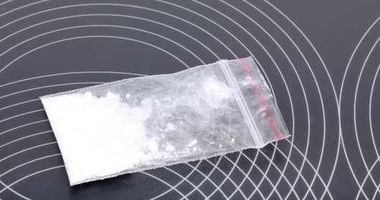Monitoring Prescriptions in Real Time Slashes Opioid Abuse
 |
Commenting on the research findings, John Renner, M.D., associate chief of psychiatry for the VA Boston Healthcare System and chair of the APA Council on Addiction Psychiatry, said he thought the study was well done and that "the findings are consistent with other views and with the general opinions of the addiction psychiatry community." But for a prescription monitoring program to really achieve its goals of reducing abuse, it should not only be in real time, but national, Elinore McCance-Katz, M.D., Ph.D., a professor of psychiatry at the University of California, San Francisco, and an addiction psychiatrist, told Psychiatric News. She has urged the federal government to fully fund such a program, she said.
Currently, at least 48 states have implemented monitoring programs that track prescribing and sale of opioids, but unlike the Canadian program, none provides real-time information to pharmacists at the time that people try to fill opioid prescriptions.
More information about the Canadian prescription program will appear in the October 19 Psychiatric News.
(Image: Minerva Studio/Shutterstock.com)





